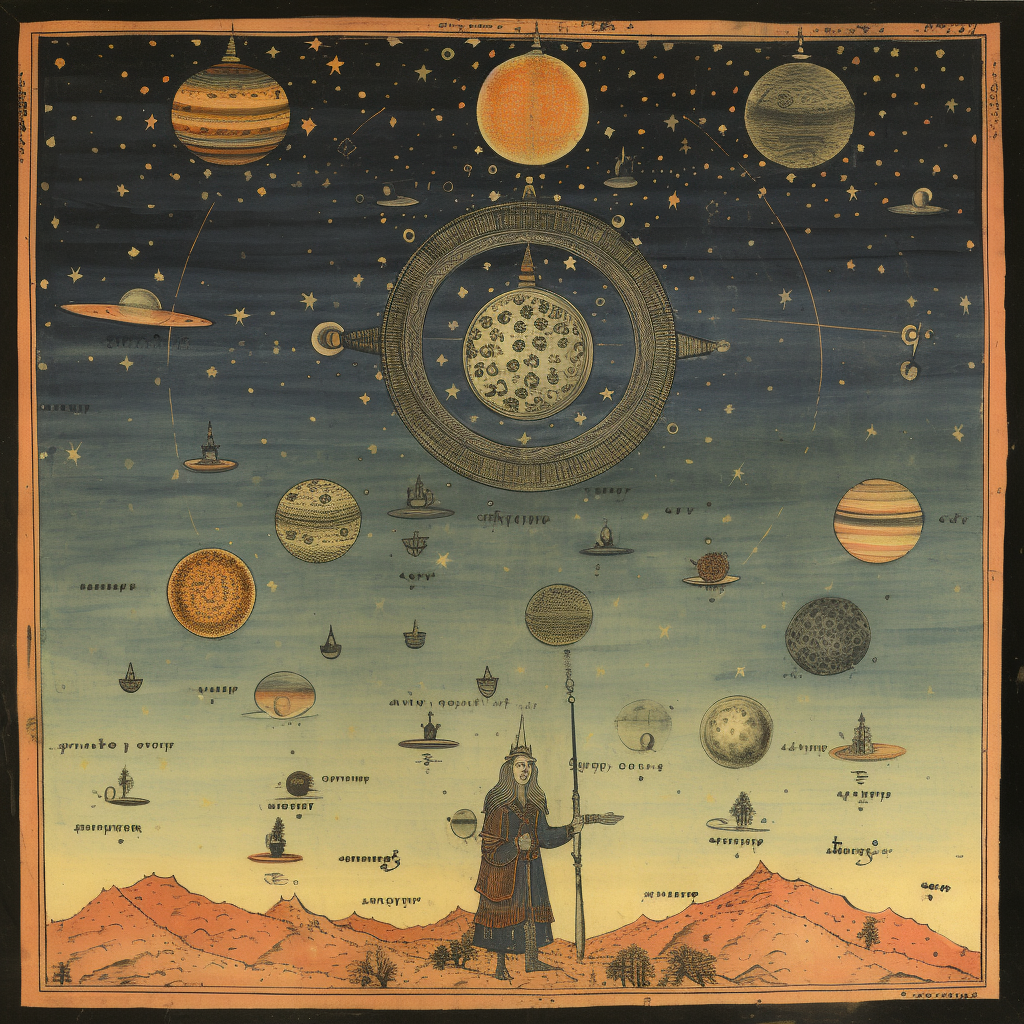A Proposed Correspondence Between the Planets and the Eight Diseases of the Mind from Ayurveda9/20/2023 Chapter 1, Verse 1 of Vagbhata's "Ashtanga Hridayam" is gorgeous, often being the favorite melody of my Sanskrit students.
Devanagari Script: रागादि रोगान् सततानु सक्तान् असेष काय प्रसृतान सेशान्। औत्सुक्य मोहारति दाञ्जघान योऽपूर्व वैद्याय नमोऽस्तु तस्मै॥ IAST Transliteration: rāgādi rogān satatānu saktān aśeṣa kāya prasṛtāna seśān, autsukya mohārati dāñjaghāna yo'pūrva vaidyāya namo'stu tasmai. Translation: I offer my salutations to that ancient physician (Vaidya) who destroyed various diseases like passion (Rāga) and others, who healed countless bodies, and who eradicated the diseases of mind and others that come from it. Let's delve into the translation with some etymological elaboration: "Rāgādi Rogān": Rāgādi: "Rāga" refers to passion. The suffix "-ādi" indicates "and others" or "et cetera." Rogān: "Roga" means disease or affliction. The plural form "Rogān" refers to diseases in general. So, "Rāgādi Rogān" collectively refers to various diseases all of which stem from passions. "Satatānu saktān": Satatānu: "Satat" means constant or continuous, and "anu" means after. So, "Satatānu" implies someone who consistently follows or eradicates. Saktān: "sakta" means attached or bound. In this context, "Satatānu saktān" can be understood as "constantly eradicating passion and diseases that arise from it." "Aseṣa Kāya Prasṛtāna Seśān": Aśeṣa: "Aśeṣa" means countless or innumerable. Kāya: "Kāya" translates to bodies. Prasṛtāna: "Prasṛtāna" suggests extending or prolonging. śeśān: "śeśān" refers to remnants or remnants of afflictions. So, "Aśeṣa Kāya Prasṛtāna Seśān" signifies extending the lives of countless bodies and eliminating the remnants of afflictions. "Autsukya Mohārati Dāñjaghāna": Autsukya: "Autsukya" means eagerness or desire, like in anxiety. Moha: "Moha" represents delusion or confusion. Arati: "Arati" indicates the destroyer or vanquisher. Dāñjaghāna: "Dāñjaghāna" refers to the eradicator of afflictions. Thus, "Autsukya Mohārati Dāñjaghāna" signifies the eradication of anxiety and the destruction of delusion. "Yo'pūrva Vaidyāya Namo'stu Tasmai": Yo: "Yo" means who. Apūrva: "Apūrva" means ancient or preeminent. Vaidyāya: "Vaidya" is a physician or healer. Namo'stu: "Namo'stu" is an expression of reverence or salutation. Tasmai: "Tasmai" means to him. In summary, "Yo'pūrva Vaidyāya Namo'stu Tasmai" expresses respect and homage to that ancient physician who possesses unparalleled healing abilities (namely Dhanvantari). So, the verse essentially acknowledges and pays homage to an ancient healer who tirelessly eradicated various diseases, including those arising from attachment and desire, extended the lives of countless individuals, and dispelled afflictions like anxiety and delusion. Believe it or not, I think a lot can be said just about the first word. In Vasant Lad's translation, the eight diseases of the mind in Ayurveda can be understood to only just begin with rāga or passion. The others are kāma (lust as in The Kama Sutras), krodha (anger), lobha (greed), mada (arrogance), matsara (jealousy), dveśa (aversion or hatred), and bhaya (fear). I have a very simple proposal: that these eight problematic states of mind correspond to the eight graha (sans Ketu -- sensical because Ketu has no head; thanks, Alicia!). rāga (passion of the mind) :: Moon kāma (lust) :: Venus krodha (anger) :: Mars lobha (greed) :: Rahu mada (arrogance) :: Sun (and insanity as a whole is called unmada, meaning to rise up in arrogance, interestingly) matsara (jealousy) :: Jupiter dveśa (hatred/aversion) :: Mercury (because it comes from duality) bhaya (fear) :: Saturn It is interesting and important too that disease in general is what is eradicated by the ultimate vaidya physician and that all of them emerge from the mind (Moon). Just like we in the contemporary West speak of "crimes of passion" with the problem not actually the passion but the crimes that stem from it, so too rāga is a complex word, and the most serious of spiritual problems, namely mind-body health problems, are what arise from it.
0 Comments
|
ARTICLESAuthorRenay Oshop - teacher, searcher, researcher, immerser, rejoicer, enjoying the interstices between Twitter, Facebook, and journals. Categories
All
Archives
September 2023
|
© 2008–2024 Renay Oshop AyurAstro®


 RSS Feed
RSS Feed